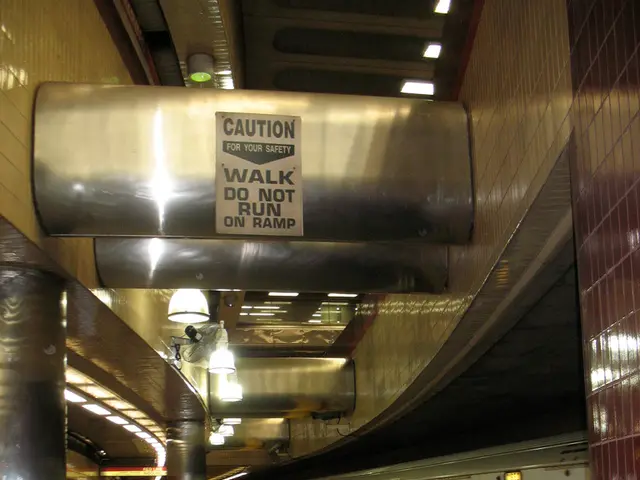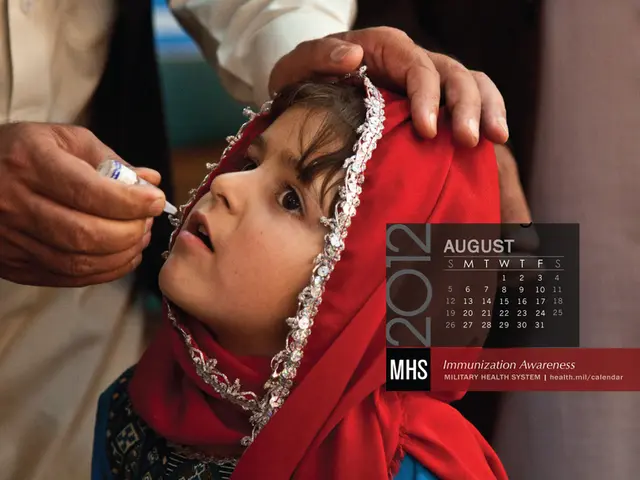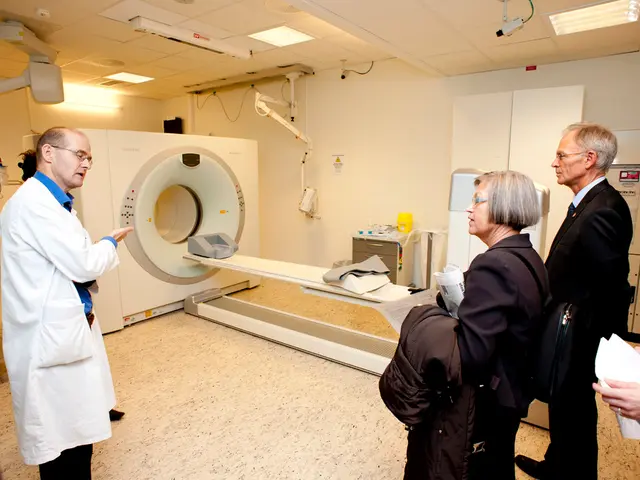Stifled Expressions From the Queer Community
In the heart of a stage drenched in vibrant toys, two performers find solace, their nude bodies adorned with long, thin scars below their nipples. This performance, orchestrated by queer-feminist collective CHICKS*, delves deep into their shared journey of mastectomy – a breast removal procedure. This co-production with Berlin Sophiensæle brings a personal touch to discussions around breast cancer prevention and queer bodies, presenting an intimate perspective.
The stage at Sophiensæle, a free-spirited theater house in the heart of Mitte, echoes with the LGBTIQ* community's voice. Jens Hillje, the dramaturg and artistic director of the house, highlights their commitment: "We aim to create a space and visibility for queer perspectives." Yet, this endeavor faces challenges as the city of Berlin has slashed its cultural budget by a staggering 130 million euros this year and plans to chop another 15 million euros in 2026.
Protests ensued in autumn, temporarily safeguarding small venues like Sophiensæle. However, threats of cuts between 5% and 20% loom for the forthcoming year. This impending reduction could be existential, claims Hillje, "We'll be artistically incapacitated." The uncertainty regarding the exact extent of these cuts makes planning a daunting task. This predicament also affects the around 70 freelance artists who work at the Sophiensæle throughout the year. Recently, they managed to fund an unfunded performance by the iconic drag queen, Olympia Bukkakis, through their own efforts.
Heinrich Horwitz, a non-binary director, choreographer, and actor, explains the working dynamics between freelance artists like himself and production venues. For each project, they jointly apply for funding – for the production and the venue's rent. The Culture Foundation of Germany and the Federal Cultural Foundation have recently slashed their funding, and the Berlin Senate has followed suit by reducing funding for freelance artists by 538,000 euros.
The looming budget cuts threaten spaces for experimental formats, Horwitz predicts. These experimental platforms are often pioneers in providing visibility for marginalized positions, Horwitz points out. "Queer projects, which also offer safe spaces, are just starting to flourish," adds Horwitz. These changes affect not only Horwitz but also the ten FLINTA* individuals he collaborates with per production, some of whom identify as queer, BIPoC, or disabled. Two of them are already contemplating career changes.
Berlin's Sophiensæle stands at the brink of losing its vibrant, diverse cultural landscape. "It's a destruction of the city's cultural heritage," says Hillje. Disappeared artists and venues rarely reappear, Hillje cautions, calling it "economically self-destructive." Tourist statistics indicate that 61% of visitors flock to the city for its cultural offerings.
Despite the Senate's attempts to mitigate damage to the cultural landscape, the overall funding landscape for arts in Germany faces ongoing pressures.programs like those at Sophiensæle and other Berlin venues (e.g., Uferstudios, ADA Studio, Tanzfabrik) suggest some resilience due to collaborative funding models and the support of networks such as the NEW TECHNIQUES program. These venues often rely on a mix of public funding, network support, and project-based grants. The fate of individual artists remains more precarious than that of the venues themselves.
The laborious existence of freelance artists is often unacknowledged in the Senate, Horwitz argues, and no one advocates for them. He encourages joint protests and pressure on politics, as demonstrated by alliances like "BerlinIstKultur," "Unkuetzbar," and "Ratschlag der Vielen." Hillje concurs, "If we hadn't fought back, we would have been cut even more." He also views the collaboration between the free scene and city theaters as a success, and as a dramaturg, he remains an optimist, believing that "everything will be okay in the end."
- The science of budgeting and financial management is crucial for the health-and-wellness of Berlin Sophiensæle, a theater house deeply rooted in general-news discussions about arts funding.
- Mental-health support groups and queer-feminist collectives like CHICKS could potentially find common ground with politicians advocating for improved finance policies to safeguard health-and-wellness institutions and artistic spaces.
- The political Landscape of Germany, especially in Berlin, plays a vital role in the finance and funding of health issues, art, and queer mental health initiatives, as witnessed by the current debates surrounding the budget cuts at Sophiensæle and other cultural venues.








